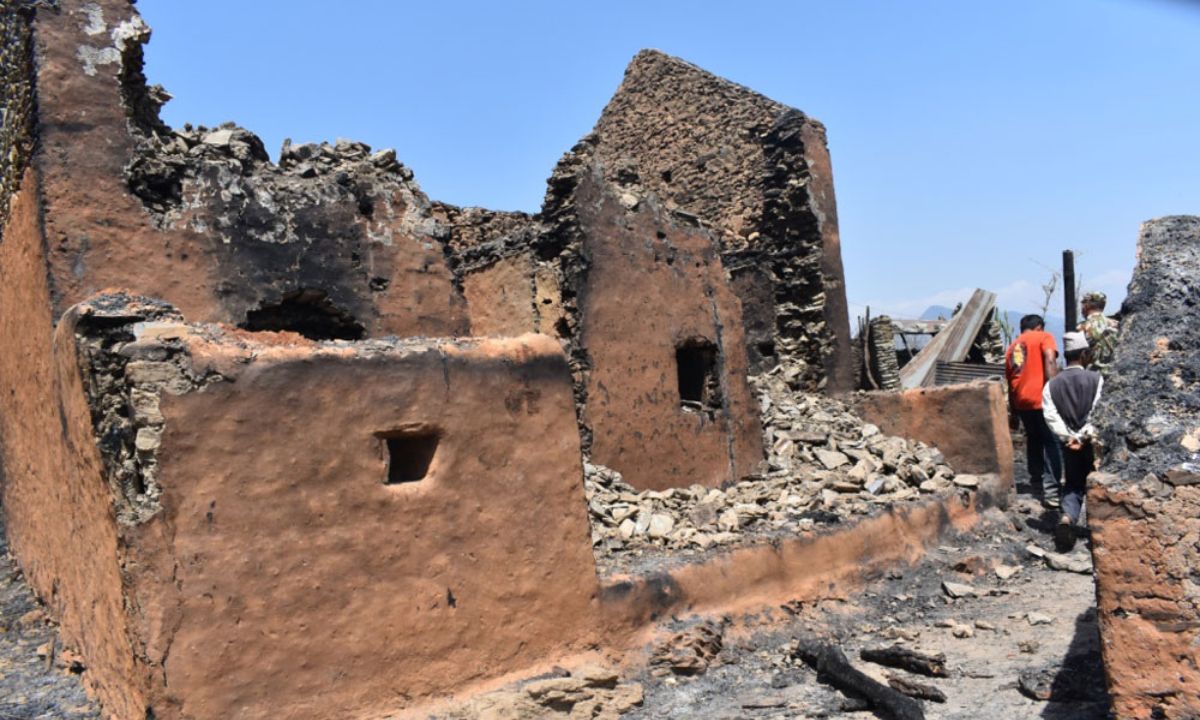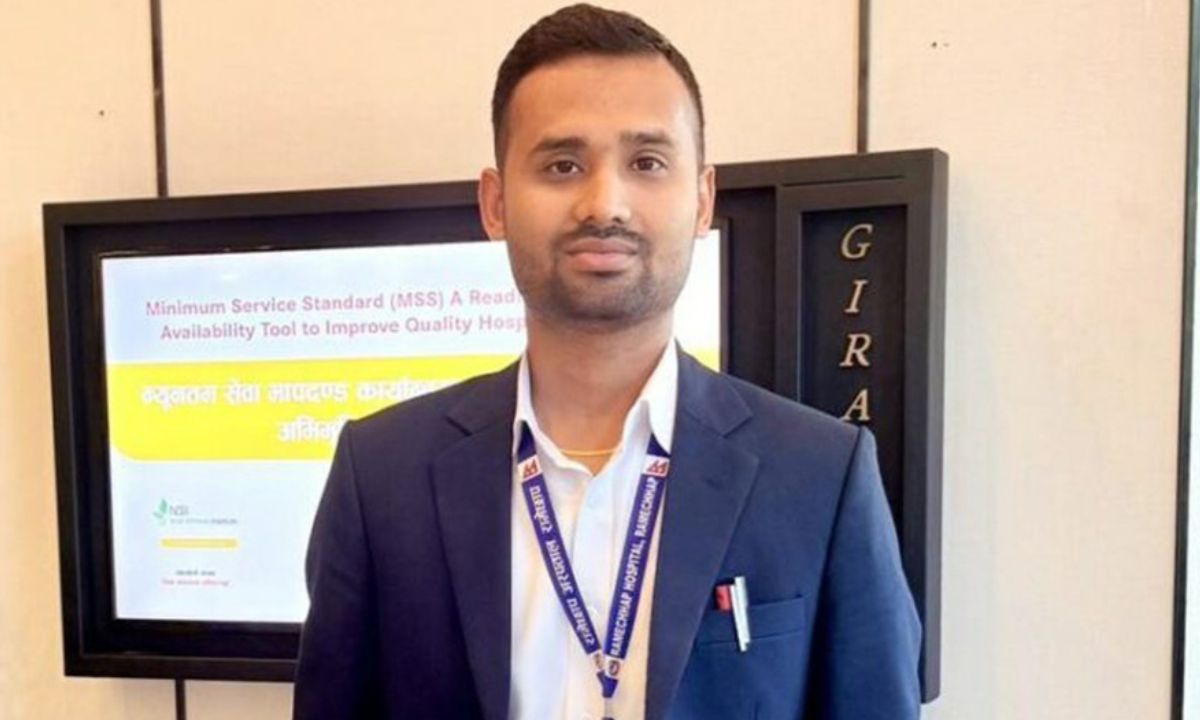Recently, fire incidents have been on the rise in Gulmi. According to data from the last four fiscal years, there have been 570 fire incidents resulting in the deaths of 16 people and property losses exceeding NPR 100 million.
According to Rajan Bhujel, Superintendent of Police at the Gulmi District Police Office, there were 69 fire incidents in the fiscal year 2078/79 BS (2021/22 AD), in which three men died and two others were injured. In 2079/80 BS (2022/23 AD), 126 fire incidents occurred, resulting in the deaths of six people—two men, one child, and three elderly individuals—while six others were injured.
In the fiscal year 2080/81 BS (2023/24 AD), 284 fire incidents were recorded, claiming the lives of five individuals—two women, one man, one child, and one elderly person—and injuring 23 others. So far in the current fiscal year (2081/82 BS or 2024/25 AD), 91 fire incidents have occurred, causing the deaths of two people—a woman and a child—and injuring six.
During this same period, 132 houses and 187 barns were destroyed by fire. Additionally, three government offices experienced fire-related damage, and eight vehicles were damaged. According to the District Police Office, in four years, 260 livestock were killed and 93 injured due to fire incidents. The total loss caused by fires in Gulmi over this period is estimated at NPR 103,047,700.
Fire Truck Procurement Limited to Paperwork
In Baisakh 2077 BS (April/May 2020 AD), a meeting of the District Disaster Management Committee chaired by then Chief District Officer Bharat Sharma decided to procure fire trucks through coordination with local governments. The decision was for each local unit to either independently or jointly purchase at least one fire truck. However, this decision has remained only on paper.
Currently, only Resunga Municipality in the district possesses a fire truck. Chief District Officer Janardan Gautam acknowledged that although a decision was made to procure fire trucks, it has not been implemented. He stated that the lack of budget and reliance on coordination with local governments are the main obstacles.






